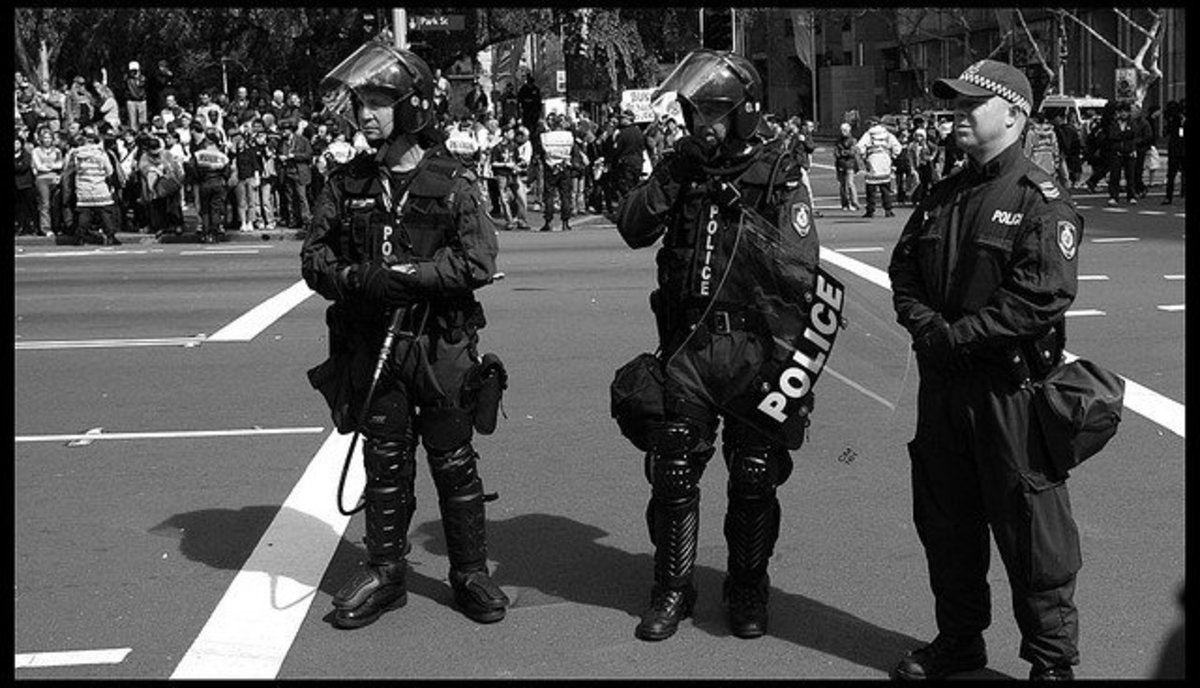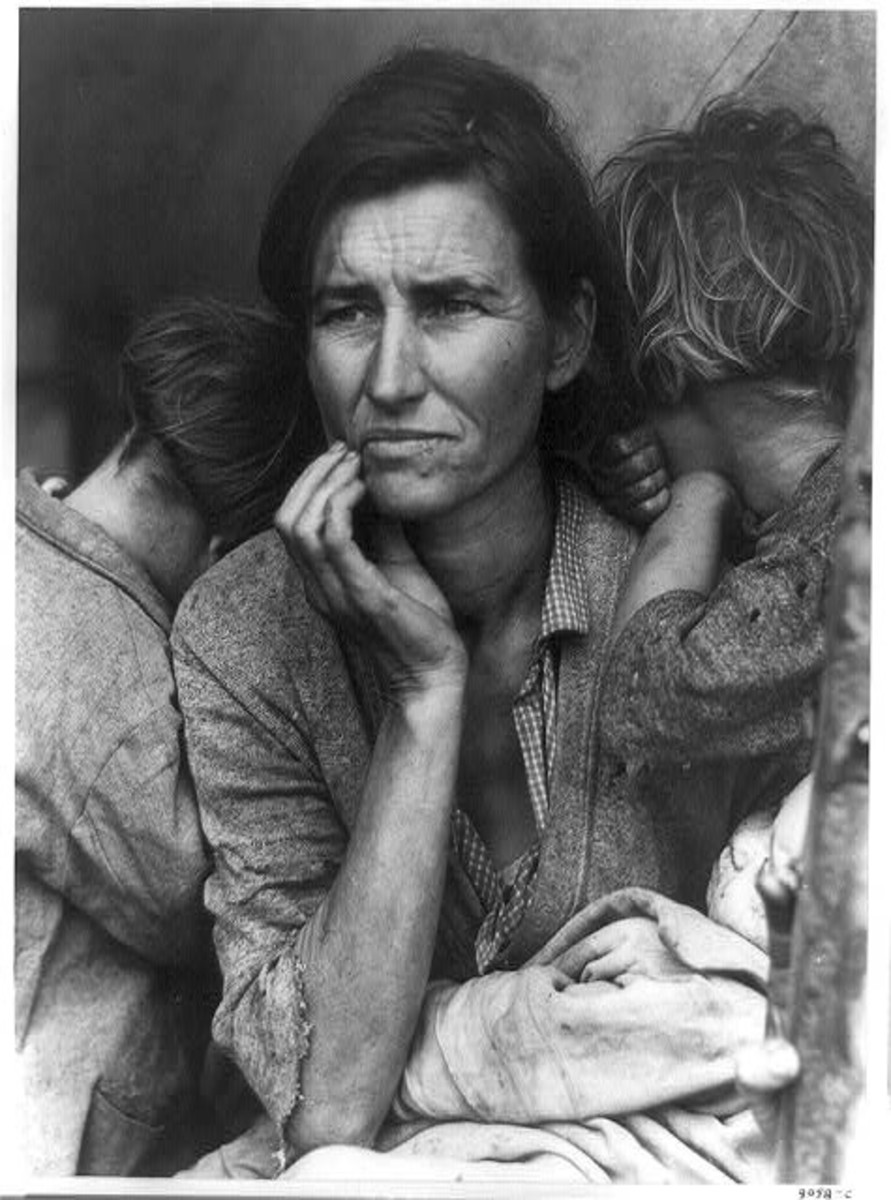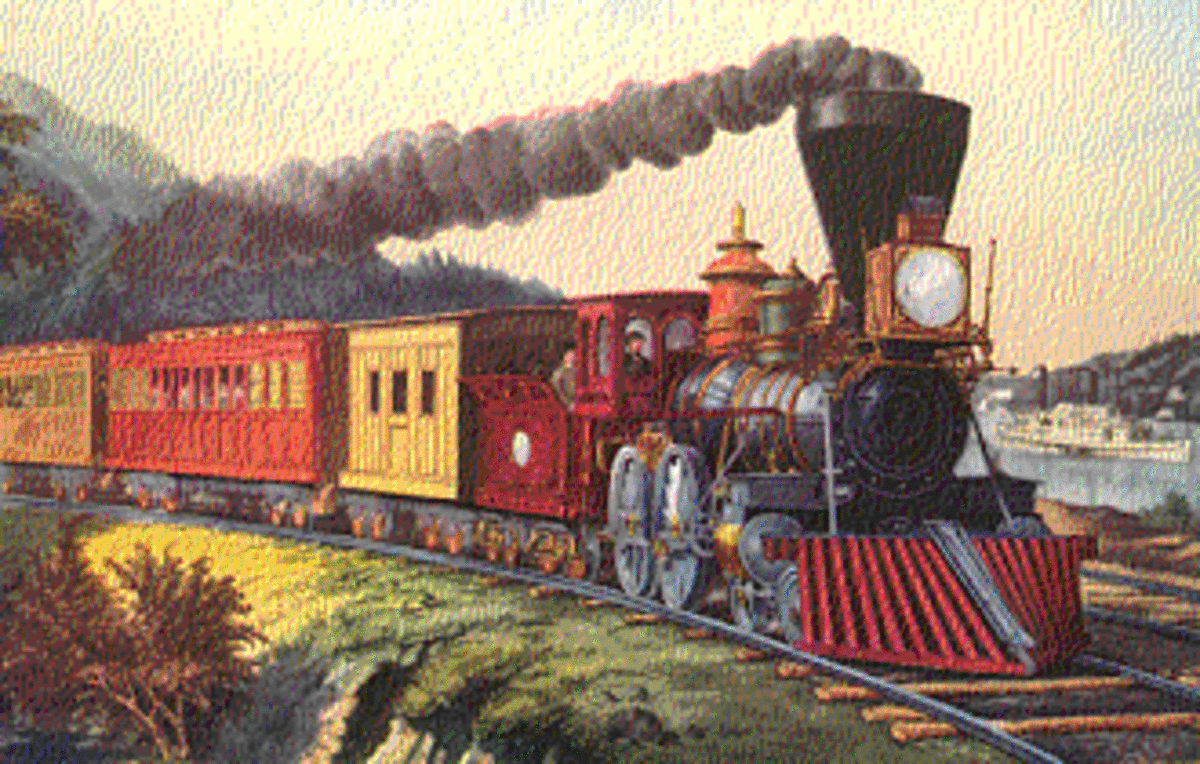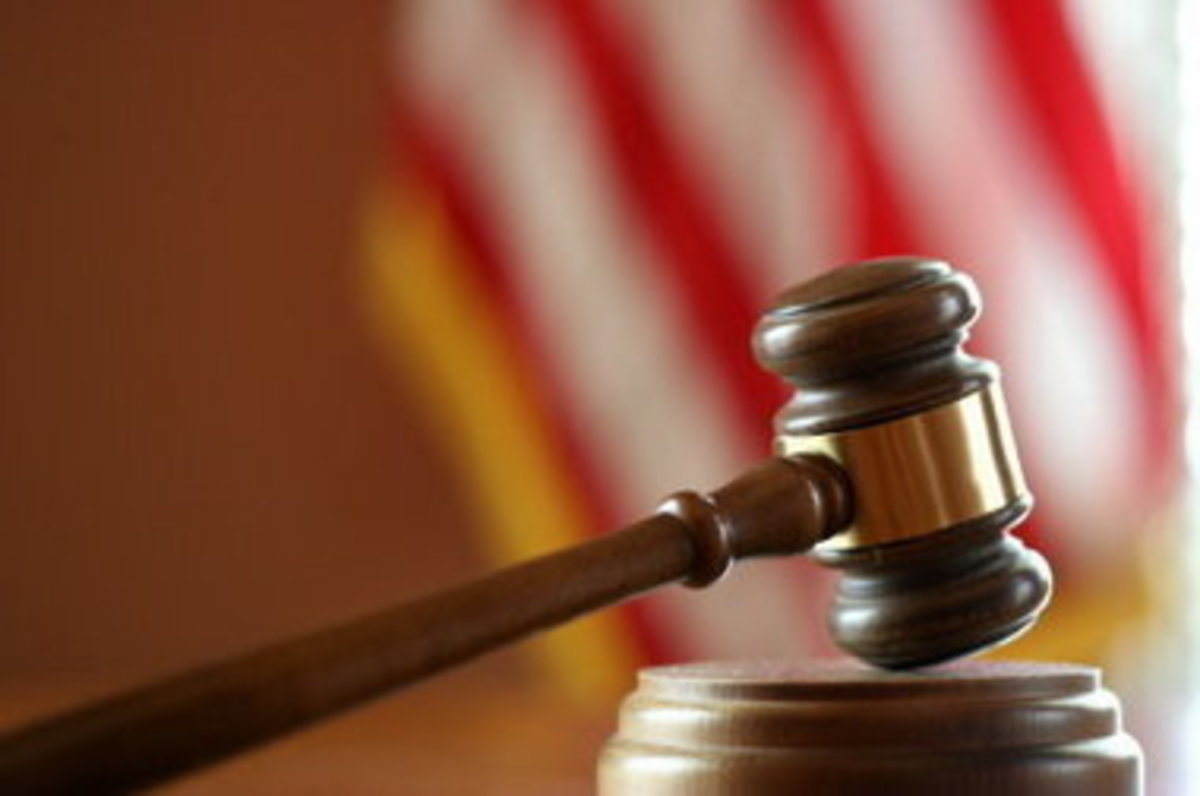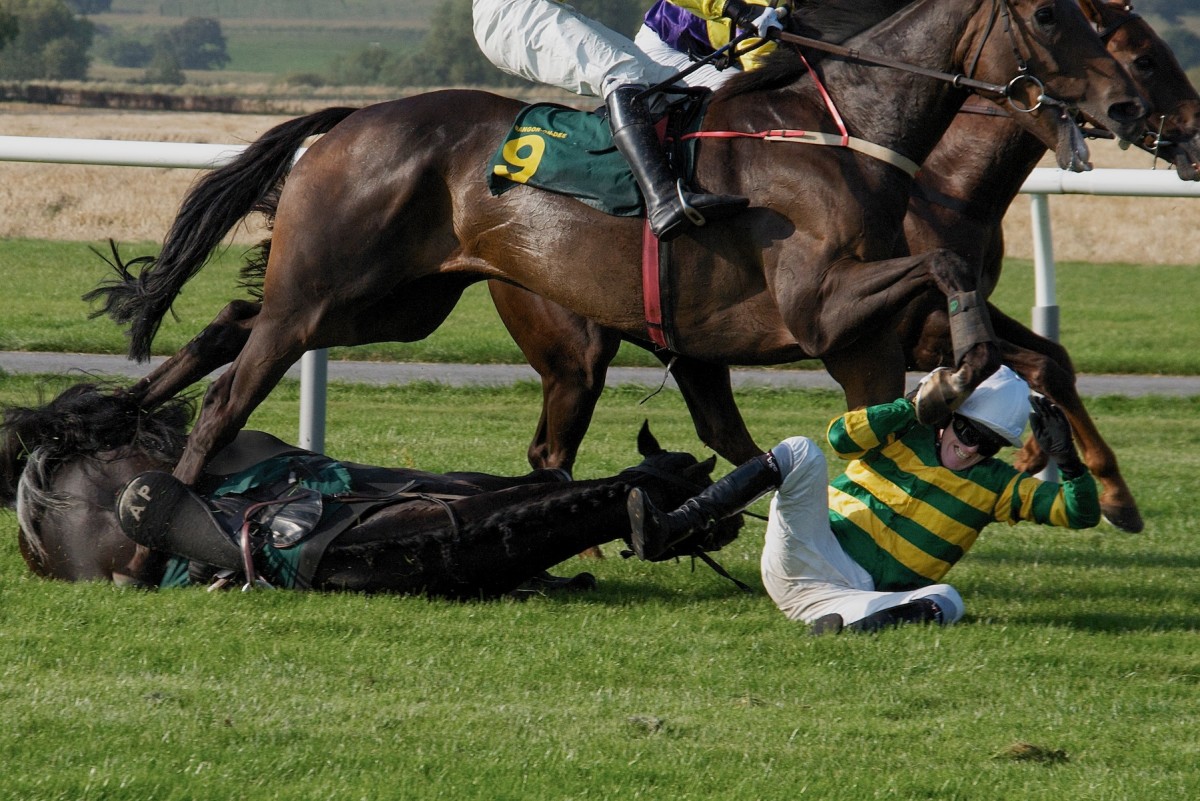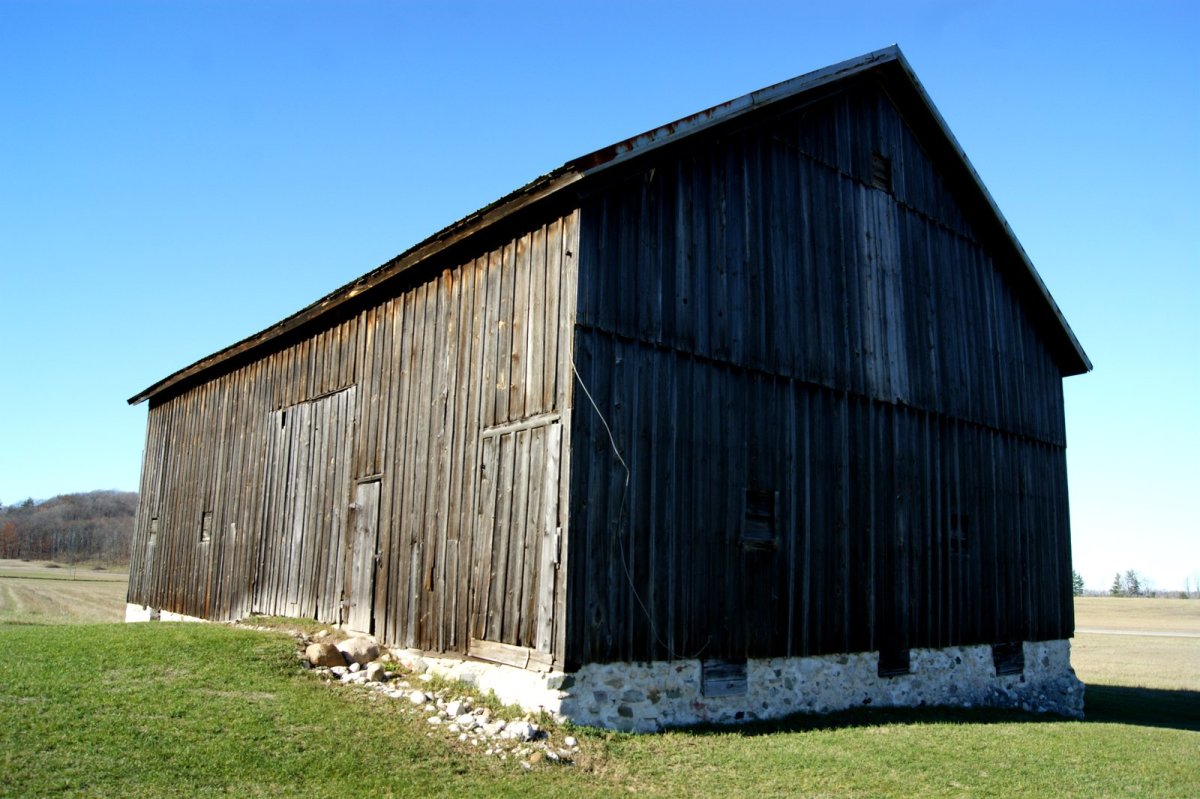Photography and Copyright
Much discussion has taken place in various forums about using photographs from the internet to illustrate one’s writing. It is so easy to right click and copy, then paste a photo into your own computer and use at will that many are surprised to learn this is not legal in most cases.
"When in doubt, do without"
“When I doubt, do without” should be our mantra when considering doing this. If the website does not specifically state a photograph is in the public domain then it is not up for grabs; it is under copyright protection. This means you cannot use the photograph without the permission of the owner of the copyright. Copyright law gives authors and artists the ability to control the reproduction and use of their creative expressions that have been fixed in tangible form such as literary, graphic, photographic, audio, visual and musical works.
There are websites online that offer photographs to the public for use. Some such as stock companies offer the use for a fee. Photographers can extend various rights for publication for free or for a fee. Some of those rights include: one-time rights, first rights, serial rights, exclusive rights, promotion rights, work for hire and all rights.
Public domain means the copyright has expired and not been renewed and the work can be freely used without the permission of the former owner. Knowing when and if the copyright has expired will require research. Generally works created or published after January 1, 1978 are protected for the life of the copyright holder plus seventy years.
For a complete guide to everything about copyright law to the US Copyright Office website.


